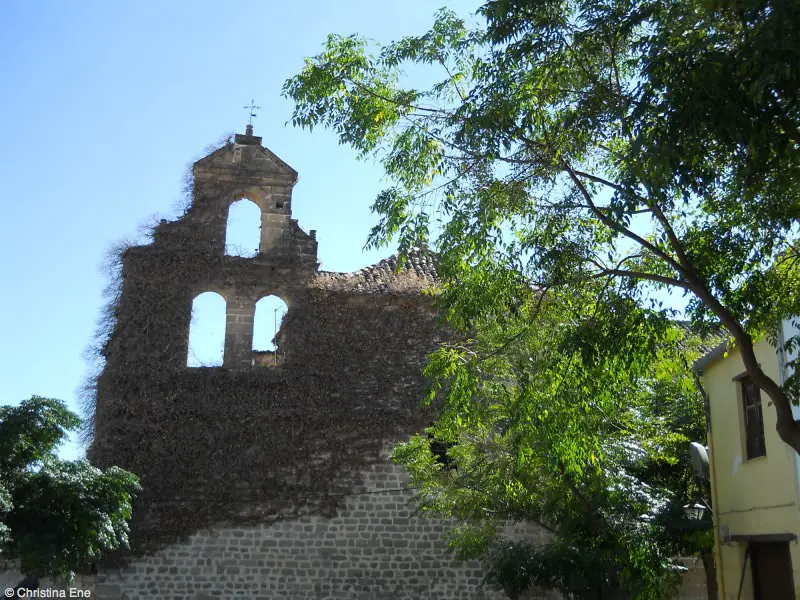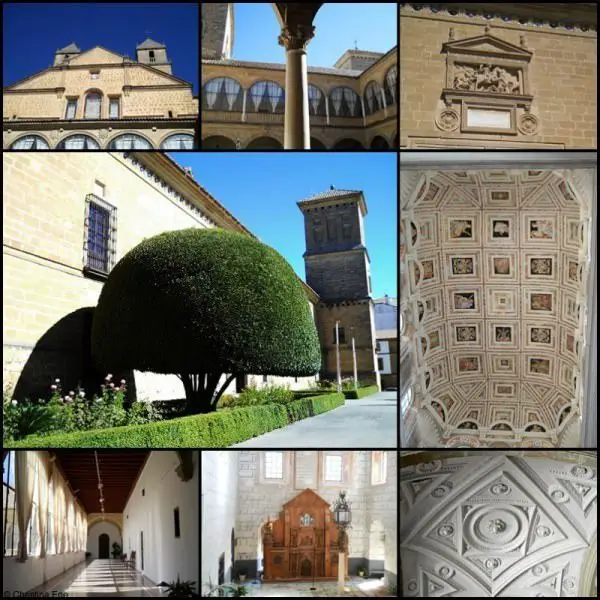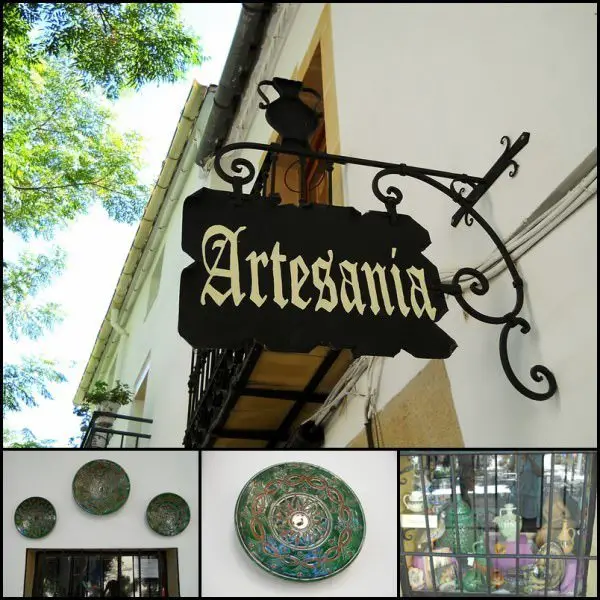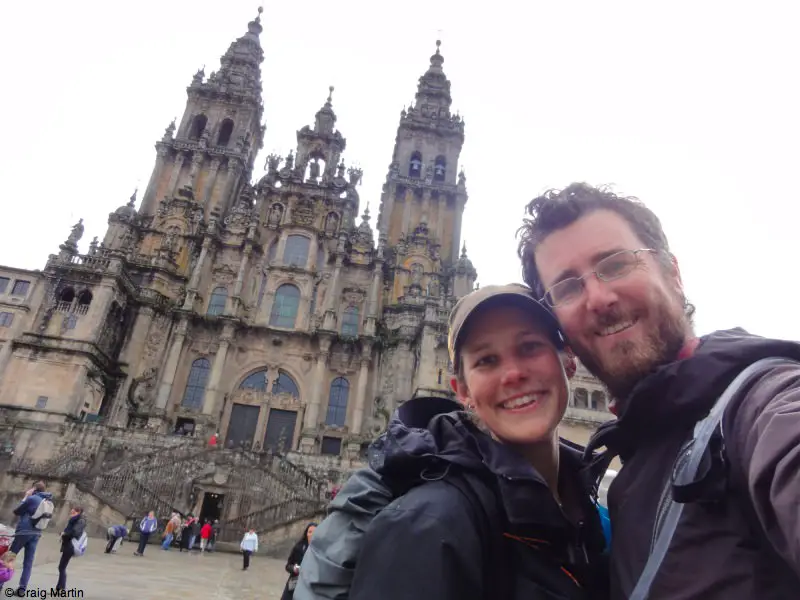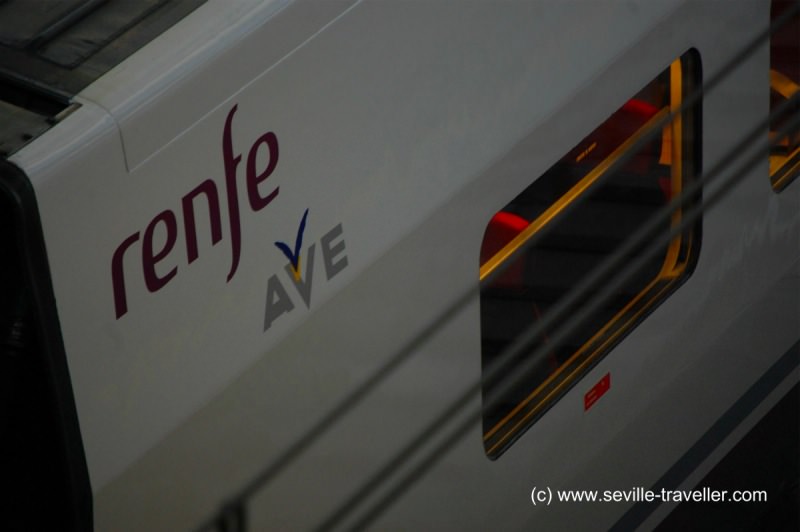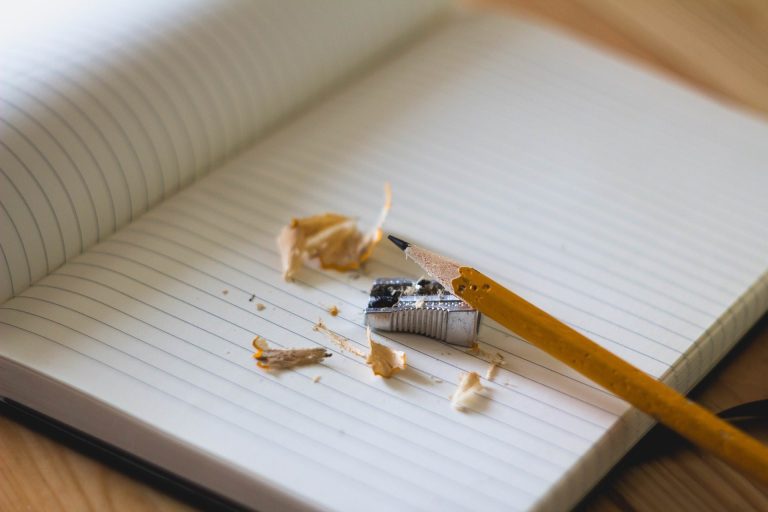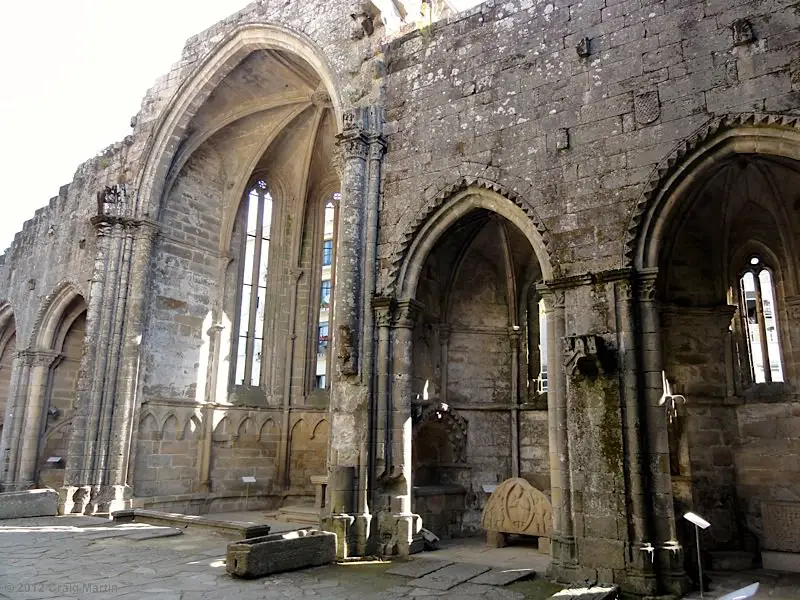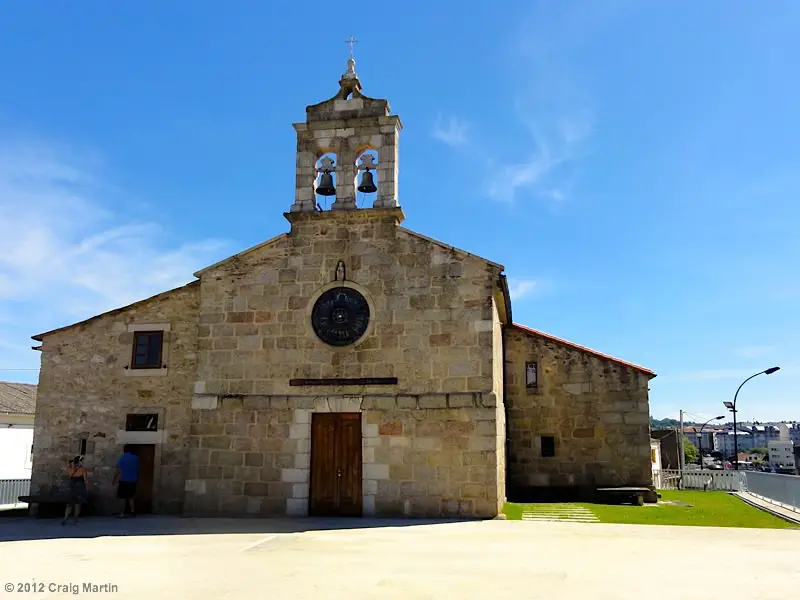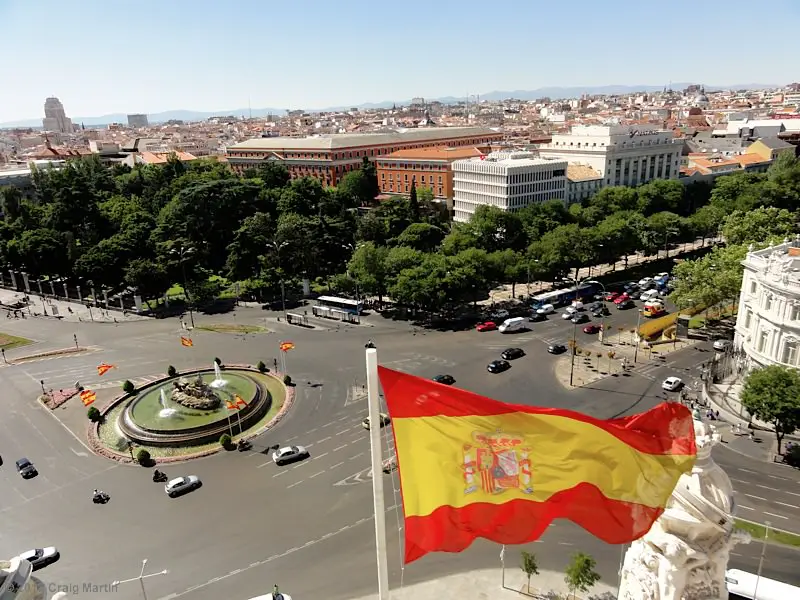Renaissance escape in Úbeda, Spain
Hidden by hills of olive trees in the heart of the province of Jaén lies the city of Úbeda. If you’re heading to Granada or Jaén, you should definitely consider adding a day-trip to Úbeda to the itinerary — it’s like travelling back in time to the Renaissance. And best of all, most of its many attractions are free.
Get there
Úbeda does not have an airport, but can easily be reached by bus; a bus ticket from Jaén to Úbeda costs about €10 and the journey takes less than an hour.
First stops
Near the bus terminal is the Hospital de Santiago, a very interesting building which, despite its name, is no longer a hospital. It’s free to enter and is an unmissable first stop — it’s a unique blend of hospital, monastery and museum. Plus, the round tree in front of the building is incredibly cute.
After visiting the Hospital de Santiago, go to the beautiful Plaza Vázquez de Molina, which is surrounded by Renaissance buildings like the Sacra Capilla de El Salvador, the church of Santa María de los Reales Alcázares, the palace of Dean Ortega and the City Hall. The entrance to the Sacra Capilla de El Salvador costs about €3, while you can visit the church of Santa María de los Reales Alcázares for free. Be aware that everything is closed between 12pm and 5pm.
City streets
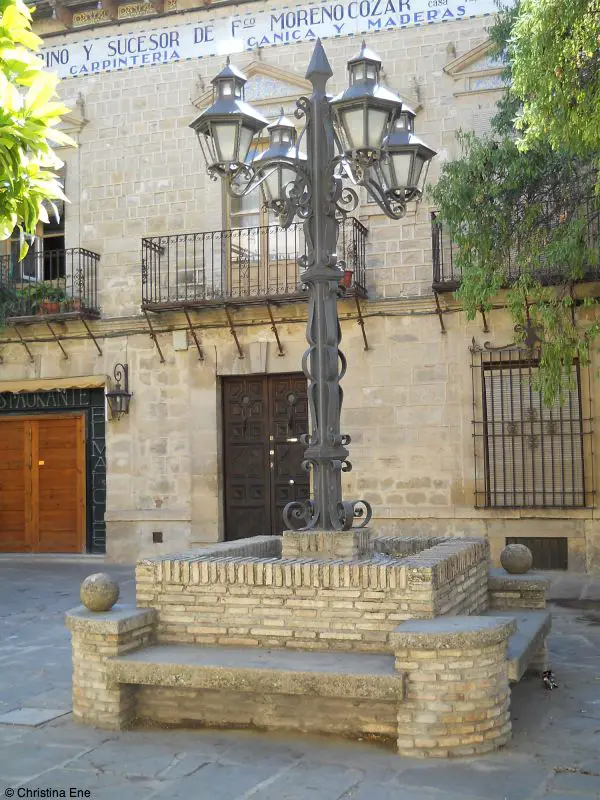
From the Plaza Vázquez de Molina, you can head to the old city gate or to the ancient city wall, or just wander through the city streets. Streets in Úbeda, like everywhere else in Andalusia, have a particular charm: they are narrow, flanked by pastel buildings with red flowers in the windows, and they have pretty names like Calle Melancolía — that is, Melancholy Street. If you visit the city in summer, the streets are covered with white cloth stretched from one building to another.
A wonderful way of discovering Úbeda is to get lost in the city: wandering through the streets without a map or without a fixed destination. In this way, you can just experience the quiet charm of the city and enjoy what you discover on the way.
Shopping
Úbeda is also a great place for shopping – not clothes shopping, but ceramics shopping! The city is famous for its dark-green ceramics that have been the emblem of Úbeda for centuries. They make great souvenirs, but can unfortunately be quite expensive — the small pieces are about €5, but the bigger statues and plates can easily reach €30. And if we are talking about shopping, olive oil is a must, as the province of Jaén produces some of the finest olive oil in the world.
What next?
For a complete Renaissance experience, visit Úbeda’s little sister, Baeza. It’s a half-hour bus journey and you can include it as part of your tour of Andalusia as you travel on to Jaén, Córdoba or Granada.
Important:
- Keep in mind that most restaurants, shops, churches and other monuments are closed for siesta between 1.30pm and 5pm.
- Although the city is small and the people extremely warm and helpful, if you don’t speak Spanish, take a conversation guide with you to avoid awkward situations.
- Don’t forget to buy a souvenir – dark-green ceramics and olive oil – and most important, have fun!

